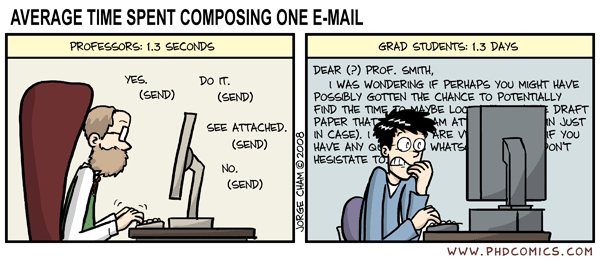Just finished reading Richard Dawkins‘ “The God Delusion” – what an excellent book! My main reason for waiting before reading it was that I doubted that it would be different from other atheist literature. I was wrong! Dawkins makes a brilliant argument for independent thought and the need to question everything – including atheism itself.
So in the spirit of the book and spending some time on a beach I obviously needed to ask myself about my beliefs – what else should you do between tanning and swimming?
Formally I was a Lutheran but I grew up in a catholic country attending a Roman Catholic all boys school. Since I was a protestant I did not need to take religion – interesting that the name of the subject was religion since it had nothing to do with anything other than Roman Catholic beliefs.
The mix of relaxed, disinterested Lutheranism and strict Catholic schooling gave me an aversion to my own Christianity. So I searched haphazardly among theoretical approaches to Buddhism, Islam & Hinduism. They were all interesting as historical and cultural topics but not as faiths. Even the laid back philosophical Buddhism was too much. Why label yourself a Buddhist? Why not include, Vegetarian, Existentialist, Marxist, Neo Capitalist when labels only constrain ideas.
So for a long time I decided that I was an agnostic. I thought that the problem was that there was not enough proof. Then I realized when I formally left the Swedish church, which I was automatically enrolled into by the state that it was not a question of proof. I was, I realized, an atheist.
The problem is that after reading Dawkins book not that I don’t agree with him – I really like most of his arguments (well almost all). The problem is that even if proof could be found that proves the existence of a God beyond a shadow of a doubt – I still would not believe.
I would believe the proof. That he/she/it exists as much as my laptop, myself and my blog exists (albeit in different ways) but I would not “believe” in the sense of faith (would it still be called faith if we had proof?). It was not religion I was struggling against. It is not that I do not believe today, I have no need for faith and would not have any even if there were a God.
What comes after atheism?


